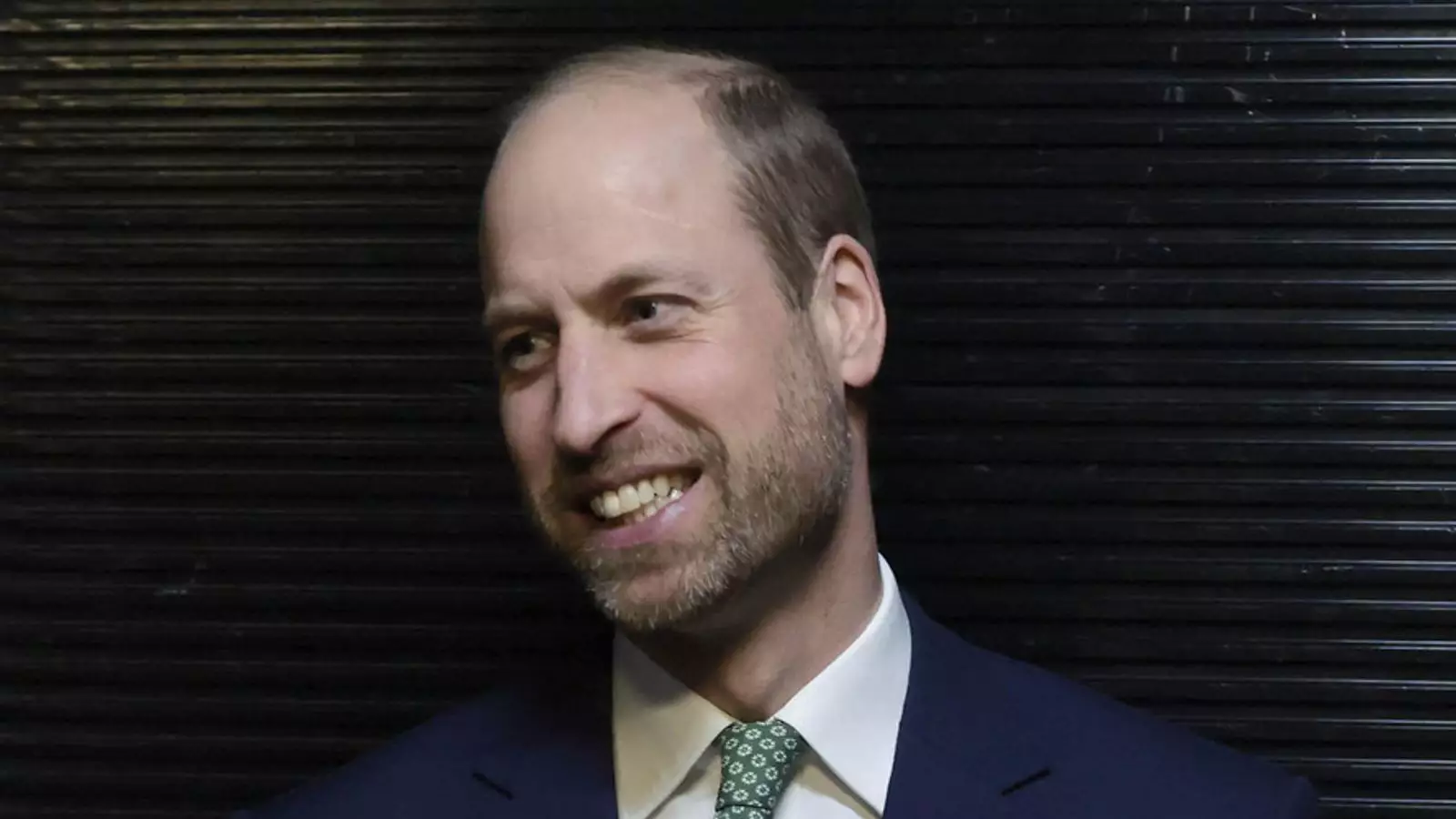As the British monarchy transitions into a new era, Prince William stands at the forefront of this transformation, advocating for a reimagined approach to royal duties. His recent comments during a tour in South Africa indicate a desire to embrace a model characterized by “a smaller R in the royal,” suggesting a nuanced understanding of his responsibilities. This perspective marks a significant departure from traditional royal engagement, as William aims to balance his royal heritage with contemporary societal expectations. The clear message he conveyed is that the monarchy must evolve to remain relevant and impactful in today’s world.
Central to William’s vision is the concept of empathetic leadership. He articulated a commitment to not just fulfill ceremonial roles but to engage in “impact philanthropy,” focusing on collaboration and tangible contributions to global challenges. In stating, “I think we could do with some more empathetic leadership around the world,” William underscores the importance of genuine human connection in leadership roles. By combining empathy with action, he hopes to address pressing issues like environmental sustainability and homelessness—areas where he has already initiated significant projects, including the Earthshot Prize and Homewards.
The Prince’s comments reflect a broader understanding that effective leadership today requires a departure from ostentatious displays of power, instead favoring a model built on compassion and actionable change. His belief in driving transformation through collaboration reveals an acute awareness of how partnerships can amplify efforts to tackle societal problems. It is a strategic approach that resonates with a younger audience seeking authentic engagement from leaders.
Personal Challenges and Resilience
While articulating his vision for the future of the monarchy, William also acknowledged the personal hardships he has faced over the past year. With both his wife, Catherine, and father undergoing cancer treatment, the toll of these challenges has underscored a deeper sense of resilience and responsibility in his royal duties. This candidness about personal struggles humanizes the Prince, allowing the public to connect with him on a deeper level. It reveals that beyond the crown and ceremonial obligations lies a family grappling with real-life challenges.
In the same vein, his remarks about potentially having Catherine accompany him on more royal engagements in the future suggest a collaborative approach within the royal family. William’s acknowledgment of their children’s education taking precedence is a refreshing reminder of their commitment to family values amidst royal pressures. Balancing royal duties with family life mirrors the struggles faced by many, further bridging the gap between the monarchy and the public.
As William navigates his duties, the idea of a modern monarchy continues to take shape. His declaration that “who knows what’s going to come next” concerning his projects demonstrates his willingness to adapt and evolve. This sentiment is particularly critical for an institution that has historically been rooted in tradition but now finds itself in need of reinvention to stay pertinent in a rapidly changing world.
The future role William envisions involves a heightened focus on social and environmental issues, indicative of a broader trend among younger royals who are increasingly championing philanthropy and activism. His emphasis on collaboration hints at a desire to forge partnerships beyond royal confines, potentially engaging with NGOs, governments, and communities in a collective pursuit of solutions.
As Prince William articulates his vision for royal duties infused with empathy and actionable impact, the monarchy moves towards a new chapter. His approach reflects a keen understanding of societal shifts and the need for leadership that resonates with authenticity and relevance. By embracing change and tackling pressing global issues, William not only honors his royal legacy but also paves the way for a monarchy that mirrors the values of modern society. Through this lens, the future of royalty appears not just as a symbol of tradition but as a proactive agent of change, ready to connect with and uplift communities around the world.

Leave a Reply